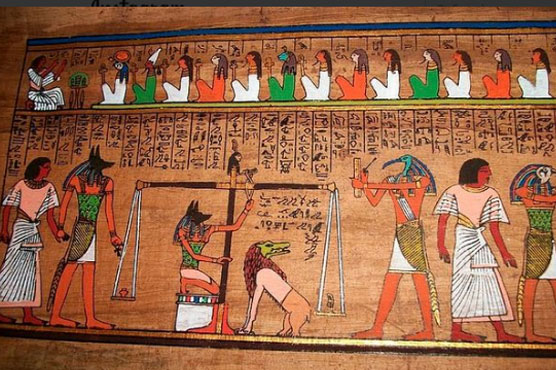Ancient Egyptians used opium to calm crying babies

Ancient Egyptians used opium to calm crying babies
(Web Desk) - Ancient Egyptians used to give opium to calm crying babies. This practice was also a popular way to calm babies in the Victorian era.
However, it sometimes caused infants to starve to death as they were kept in a constant state of narcotism.
Poppy extract accompanied the human infant for more than 3 millenia. Motives for its use included excessive crying, suspected pain, and diarrhea.
In antiquity, infantile sleeplessness was regarded as a disease. When treatment with opium was recommended by Galen, Rhazes, and Avicenna, baby sedation made its way into early medical treatises and pediatric instructions.
Dabbing maternal nipples with bitter substances and drugging the infant with opium were used to hasten weaning. A freerider of gum lancing, opiates joined the treatment of difficult teething in the 17th century.
Foundling hospitals and wet-nurses used them extensively. With industrialization, private use was rampant among the working class.
In German-speaking countries, poppy extracts were administered in soups and pacifiers. In English-speaking countries, proprietary drugs containing opium were marketed under names such as soothers, nostrums, anodynes, cordials, preservatives, and specifics and sold at the doorstep or in grocery stores.
Opium’s toxicity for infants was common knowledge; thousands of cases of lethal intoxication had been reported from antiquity.
What is remarkable is that the willingness to use it in infants persisted and that physicians continued to prescribe it for babies.
Unregulated trade, and even that protected by governments, led to greatly increased private use of opiates during the 19th century.
Intoxication became a significant factor in infant mortality. As late as 1912, the International Hague Convention forced governments to implement legislation that effectively curtailed access to opium and broke the dangerous habit of sedating infants.

